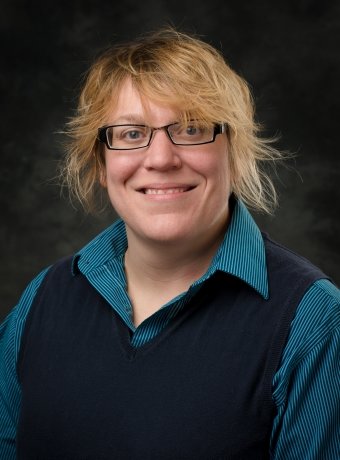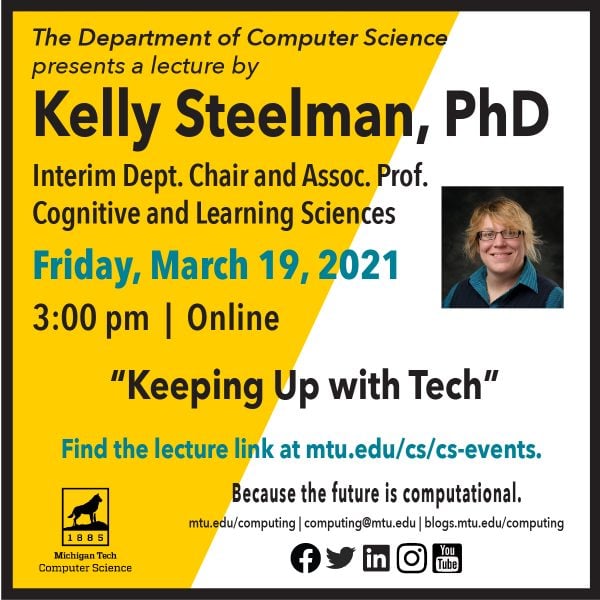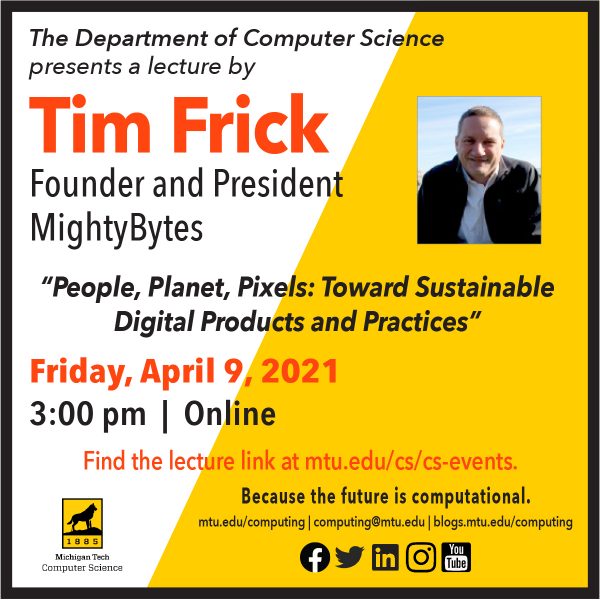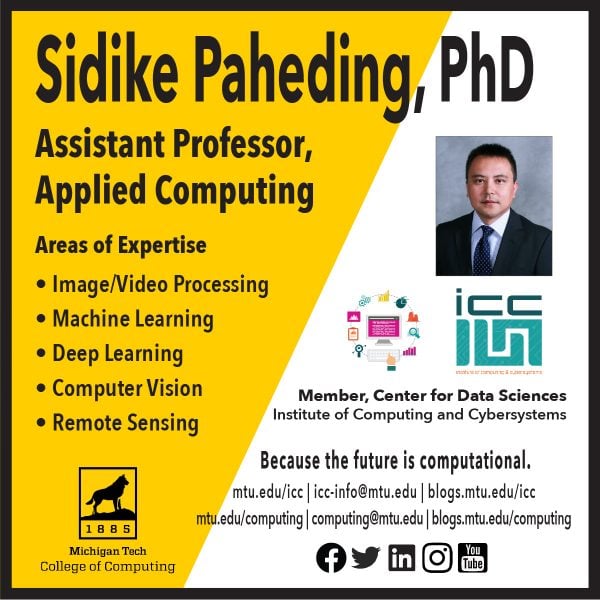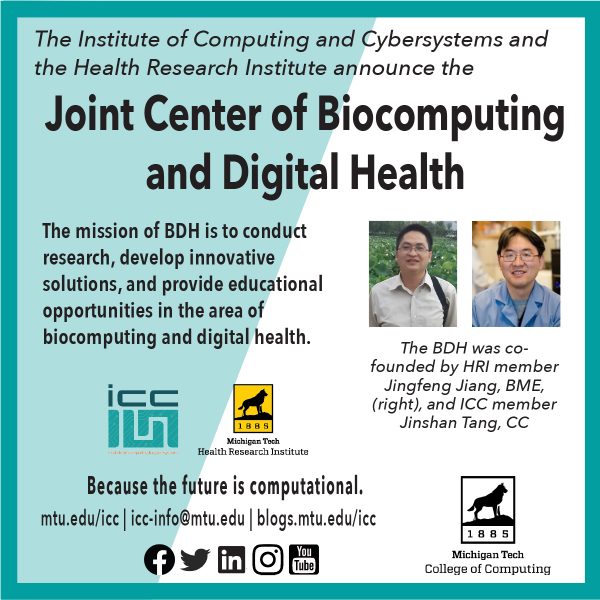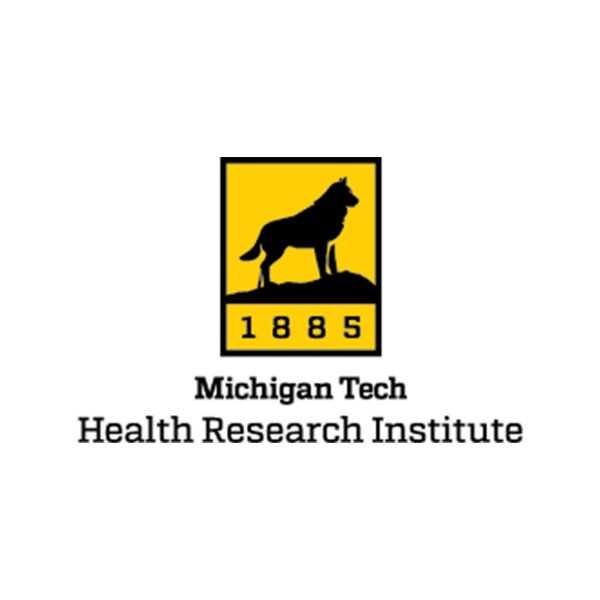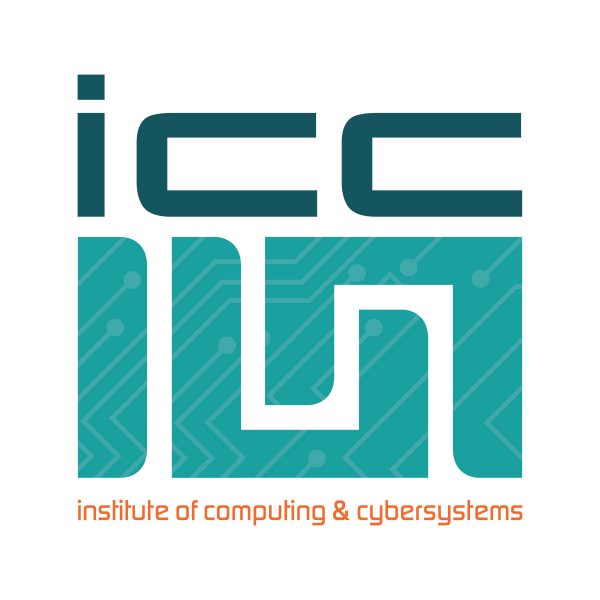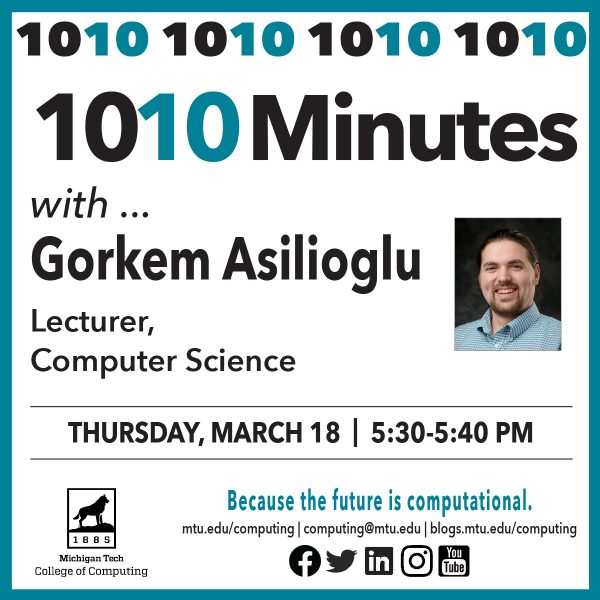
You are invited to spend one-zero-one-zero—that is, ten—minutes with Gorkem Asilioglu, Computer Science, on Thurday, March 18, from 5:30 to 5:40 p.m. EST.
Asilioglu is a lecturer in the Department of Computer Science. His research interests include computer architecture, high-performance computing, programming languages, and CS education.
We look forward to spending 1010 minutes with you!
